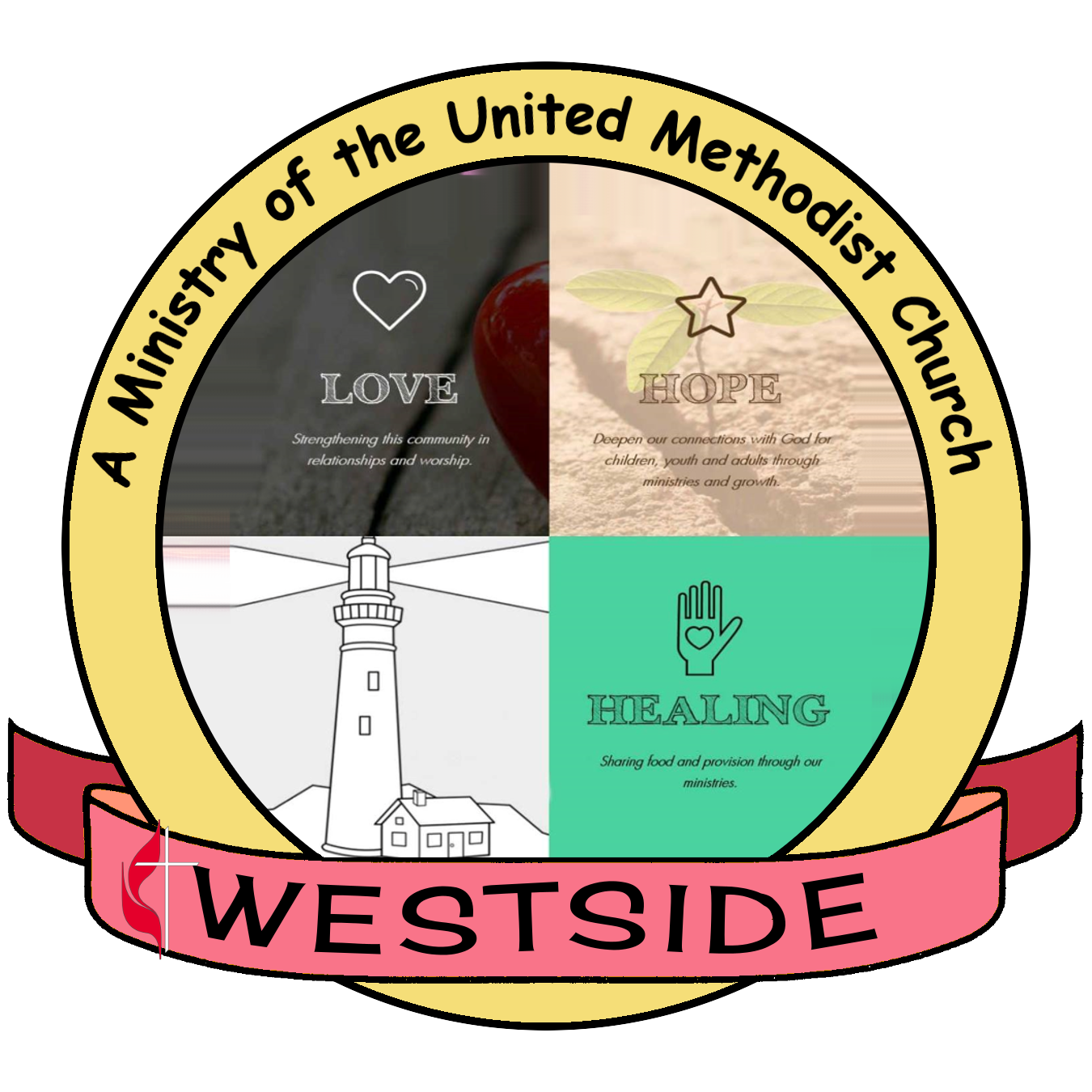Saul’s conversion, described in Acts 9, after which he is called Paul, and his life of ministry described throughout the rest of that book and alluded to in his 13 letters, is filled with suffering, suffering for the sake of Jesus, which Jesus promised would be the case at his conversion. It is interesting that Paul never asked about this when he was prayed over, received his sight, told he would suffer, and began to do so. Paul never complained about suffering for the sake of Jesus. Indeed, Paul embraced whatever came his way. He considered all suffering as something that filled up what was lacking in the sufferings of Christ. Put that into your pipe and smoke it!
Imagine that -- the suffering of a mom caring for young children, and denying a call to do some other work, to the suffering of a man persecuted for his faith, to the suffering of someone dealing with cancer, to the suffering of a child on the playground. Filling up what was lacking-- whatever that may mean.
The long and short is that there is nothing we walk through that is not something God will use. And there is nothing that is not and cannot be an expression of God’s grace into our lives. His grace looked like Saul getting slammed to the ground off his horse outside Damascus, and like him shipwrecked at sea, and like him in many instances of suffering. In these times, God showed up, strength came, hope birthed, and the promise was fulfilled in his life that he would suffer for the sake of Jesus. But more than that, God’s grace came through him to reach so many, many others for that same Gospel.
This Sunday we are looking at this grace in Paul’s life, and more than that, at how grace is what God works in our lives as well, no matter the hardship or difficulty. In life every experience can make us bitter or better. God’s grace can move us to better, if we welcome it.

